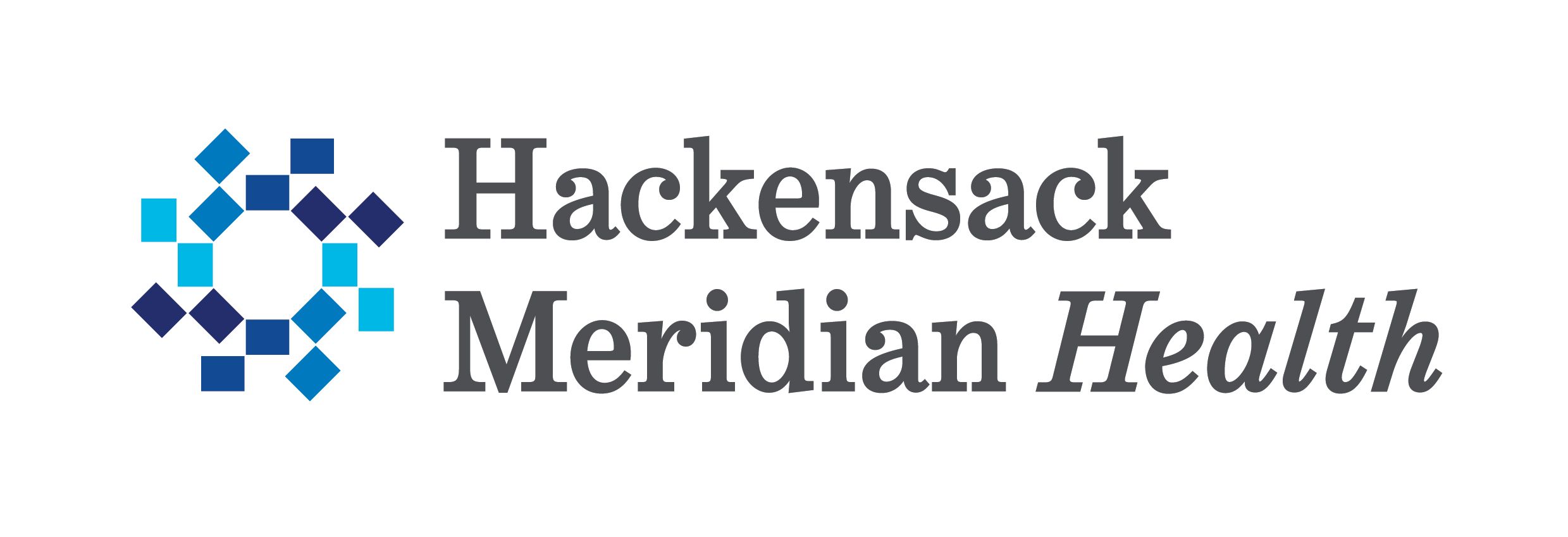
Hackensack Meridian Health Joins Pharmacy Times Strategic Alliance Partnership

William Carroll, PharmD, network vice president of pharmacy at Hackensack Meridian Health, discusses his hopes for the new partnership.
William Carroll, PharmD, network vice president of pharmacy at Hackensack Meridian Health, discusses the organization, how has the landscape of pharmacy been evolving, and the importance of pharmacists in the health care system.
Q: Can you start by explaining a little bit about your organization?
William Carroll: Here at Hackensack Meridian Health (HMH), we are the largest integrated health system here in the state of New Jersey. We are 18 hospitals, over 500 outpatient locations, 35,000 employees, about 5000 beds and 7000 physicians as well. We expand across the entire state of New Jersey, along the eastern seaboard and most importantly, in the pharmacy space, we really touch the entire continuum from the hospital to the ambulatory retail space, the infusion space, whether it's home or in the clinic. Also, we have post-discharge or post-acute care services as well for nursing homes and for hospice and even our population health pharmacy division that helps us drive our Medicare 5 stars and our patient outcomes. Very great organization that's continuing to grow and do amazing things.
Q: What are you looking forward to in this new partnership?
William Carroll: We're really looking forward to number 1: learning. Let's hear what's happening across the nation, at other sites who are sharing their information. Also looking at your publications to understand kind of what is the industry, what is the current literature and evidence suggesting we should be doing when it comes to patient care and practice. Secondarily, we want to be able to contribute to influence the practice of pharmacy and in health care, and to be able to share some of the amazing things happening here at HMH, and I'm also excited for our residents to be able to share some of the research and their projects that they're doing as well with the rest of the world.
Q: How can the collaboration help address unmet needs and improvement of patient care?
William Carroll: I think kind of to the last point. It's really about keeping us up to speed on what's happening in the literature. How do we also have a platform where everyone can get the message versus having to shop it via email or individually. We all can log in. We all can see the information review it together as well, and then I would say the other gap that exists right now, again, is platforms or opportunities for our residents to share what's happening in our clinicians in a broader space. So we have our grand rounds, we may have some of our local or national organizations, but how can we leverage a platform like this to really impact a larger, broader audience.
Q: How has the landscape of pharmacy been evolving?
William Carroll: So pharmacies continue to shift. I'd say we've historically been focused on the hospital inpatient side of the house, but we've, in the last I don't know 20 years or so, been focused more on treating patients in the outpatient, in the ambulatory space, and preventing emissions in the first place. How do we manage those chronic diseases in the in their home? So I think the practice of pharmacies continue to evolve. We've been leveraging technology more [artificial intelligence] automation, so that we can stop doing so many manual processes with our people. Leverage that to free of our people to work at the top of their license to be able to drive patient outcomes as well.
Q: What is the importance of pharmacists in the health care system?
William Carroll: I think pharmacists play a an amazing role in really driving, not only safe medication use, but we're really strong process and operational leaders, and so very good at helping solve solutions that even extend beyond the pharmacy realm, and which often means pharmacies at the table when we're discussing multitude of projects, even if it's not directly related to medication management. So I think pharmacists, but also pharmacy technicians, play a very important role because the higher we use our technicians at the top of their license, the top of their abilities, the more we're able to use our pharmacists to work in the top of their license and actually to contribute even outside of the pharmacy space.
Q: Is there anything else you would like to add?
William Carroll: I'm just very excited for this collaboration and excited to share some of the exciting things that are happening here at HMH, we're consistently growing organization. Pharmacy services are continuing to expand and evolve, and so we're looking to learn what's happening at other sites, but more importantly, contribute and share some of the amazing things happening here as well.
Newsletter
Stay informed on drug updates, treatment guidelines, and pharmacy practice trends—subscribe to Pharmacy Times for weekly clinical insights.


























